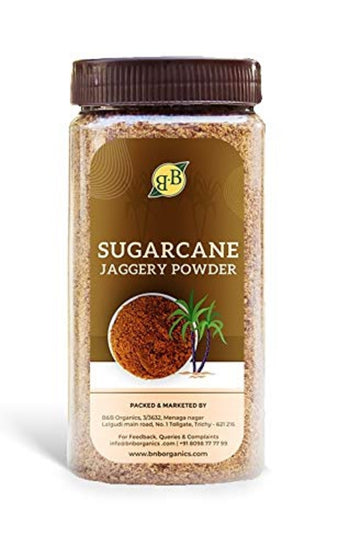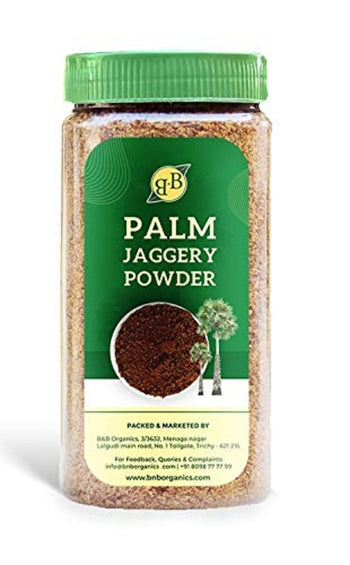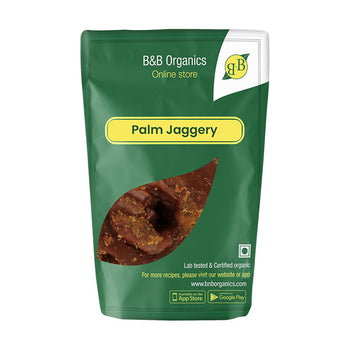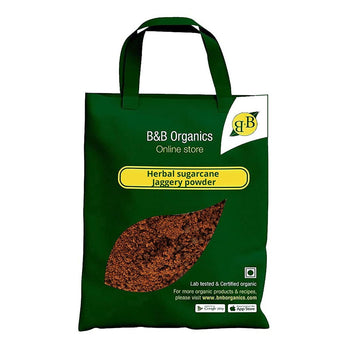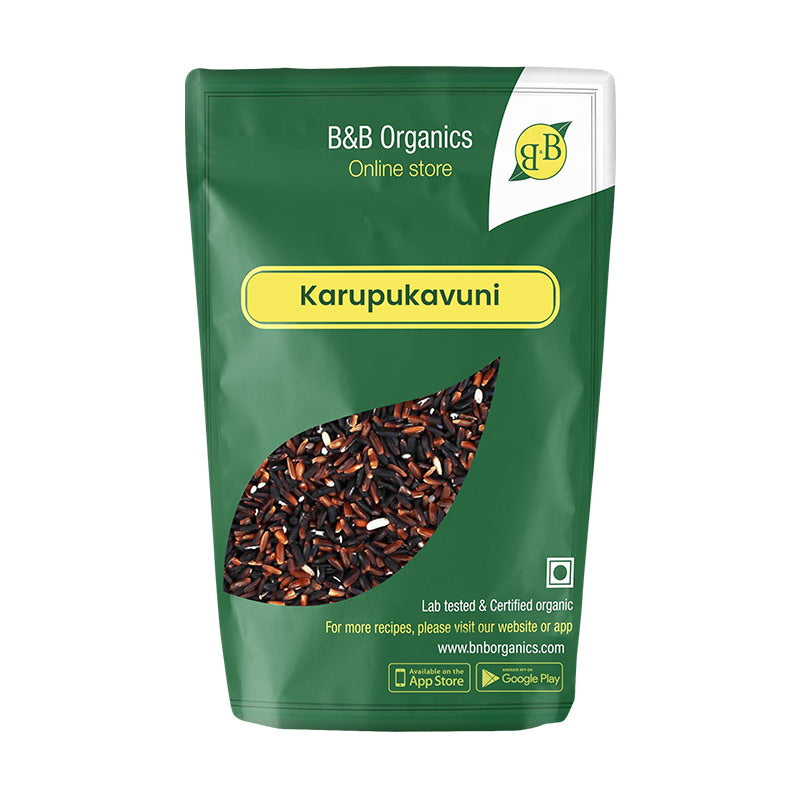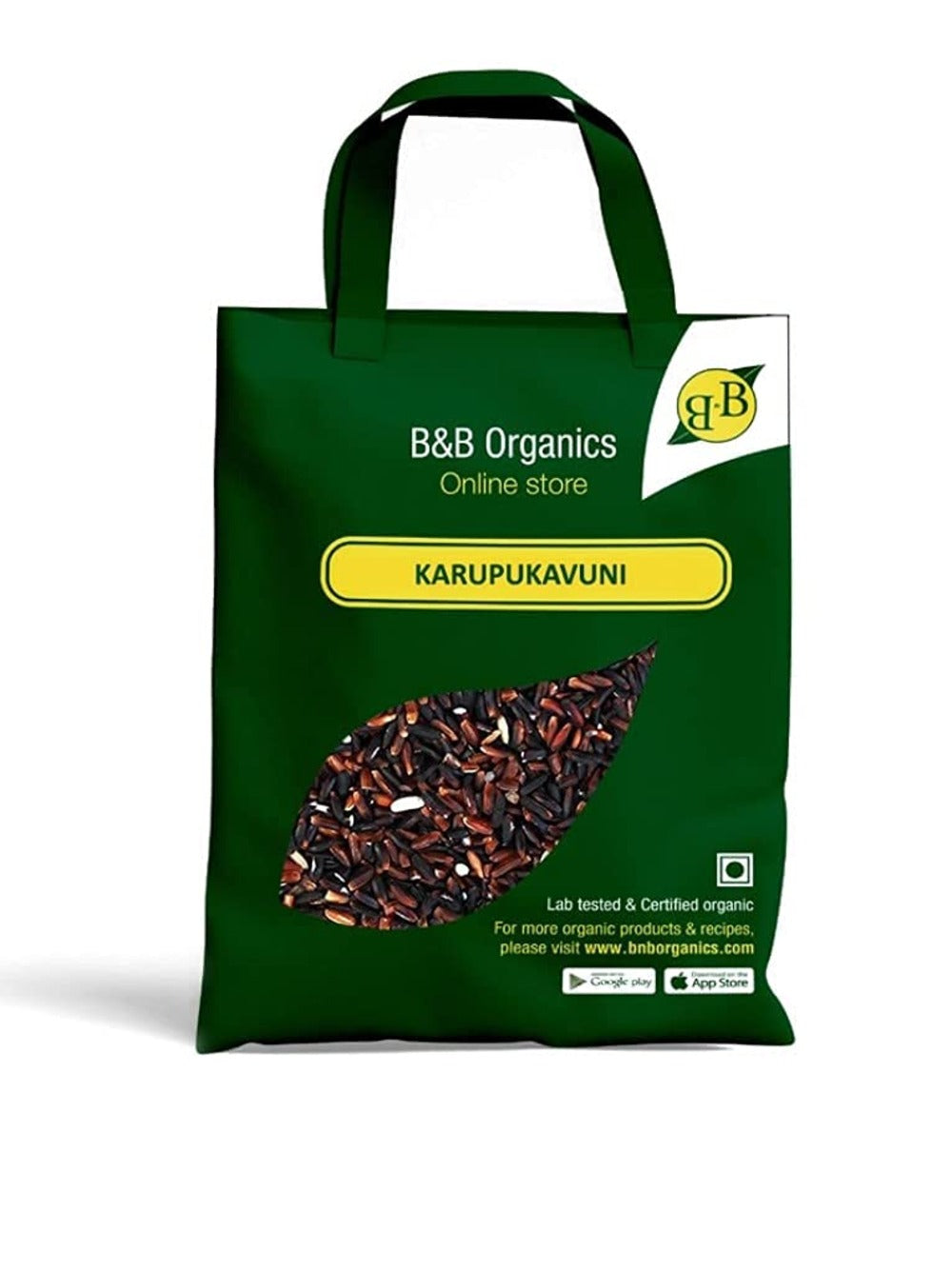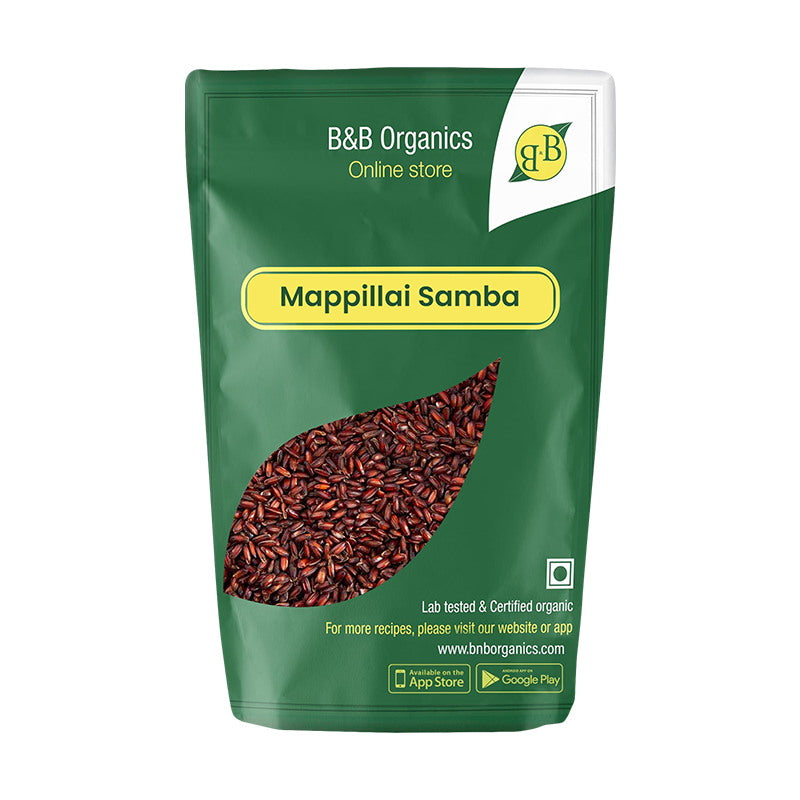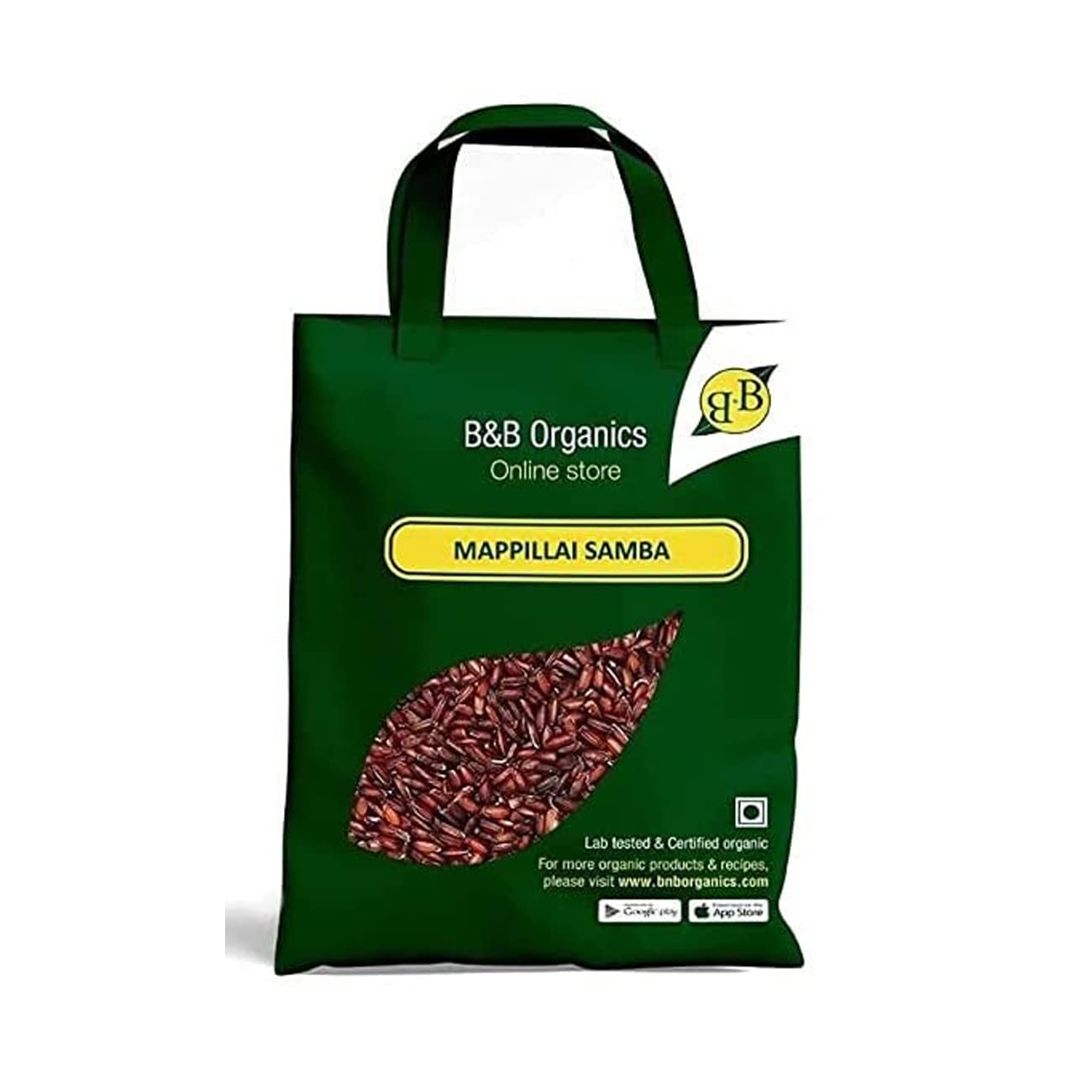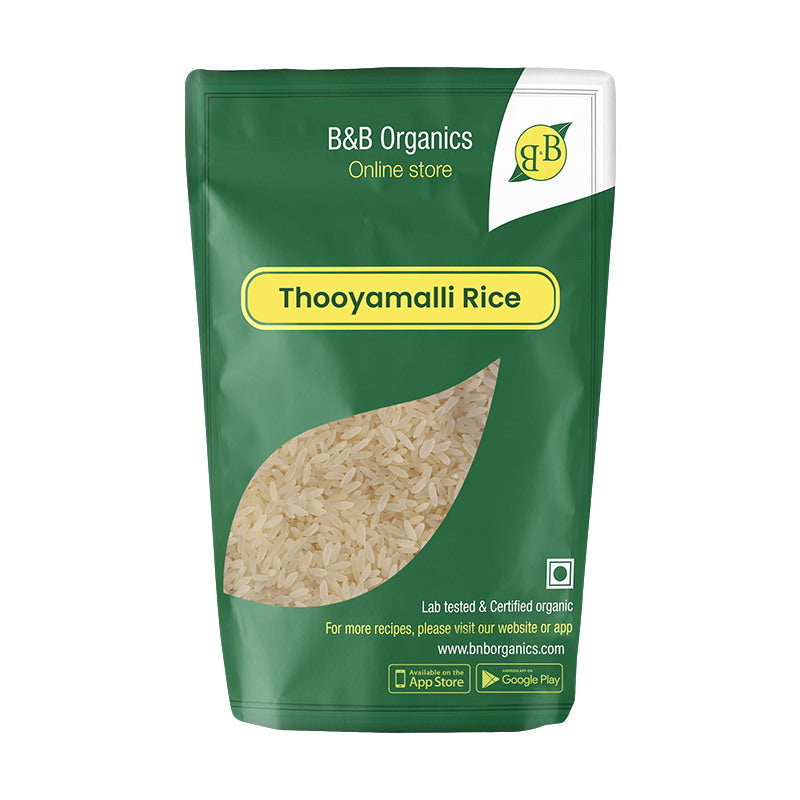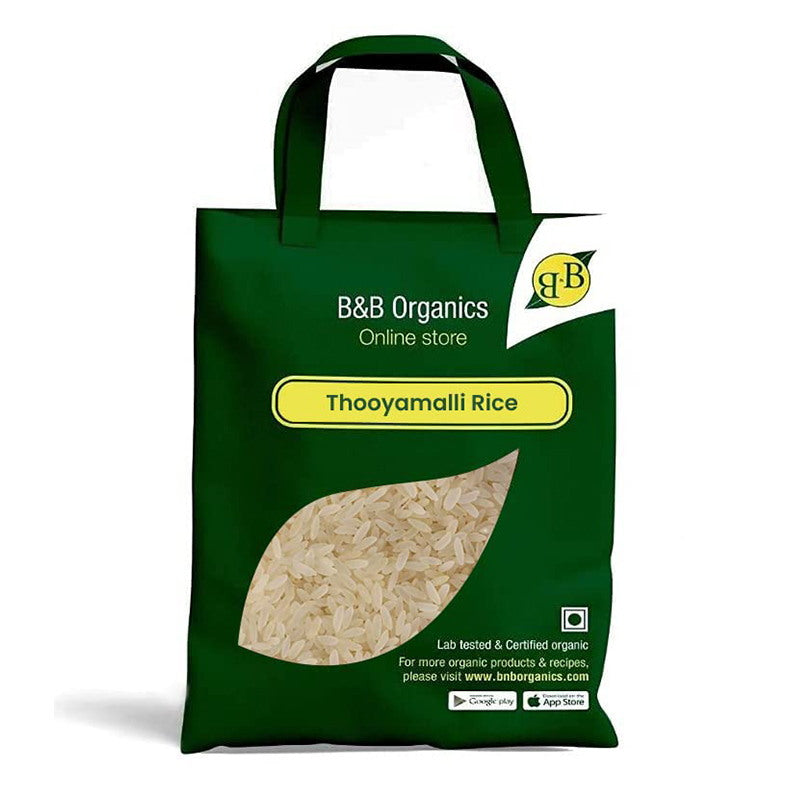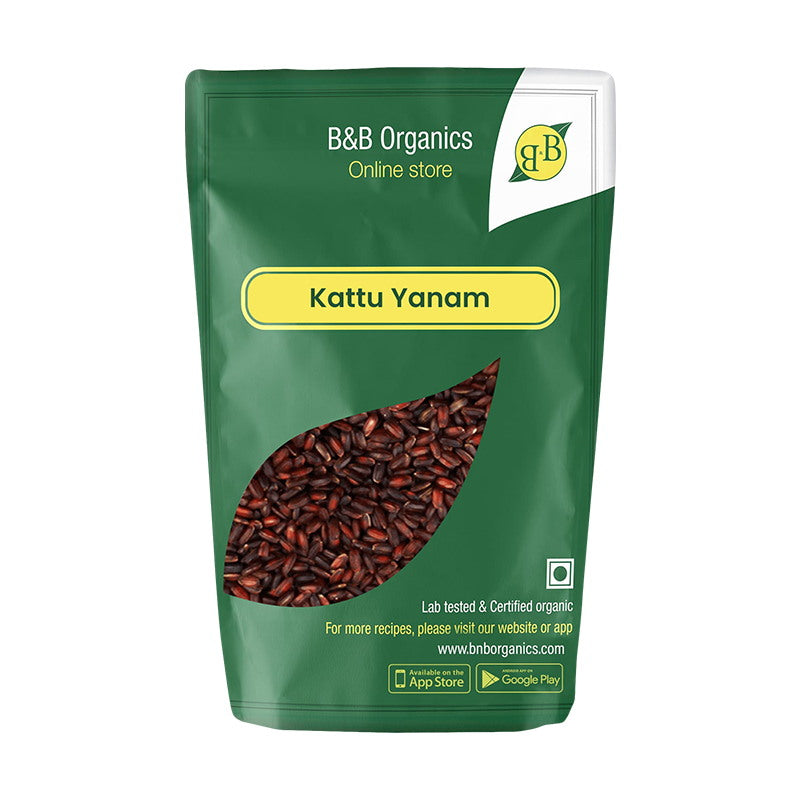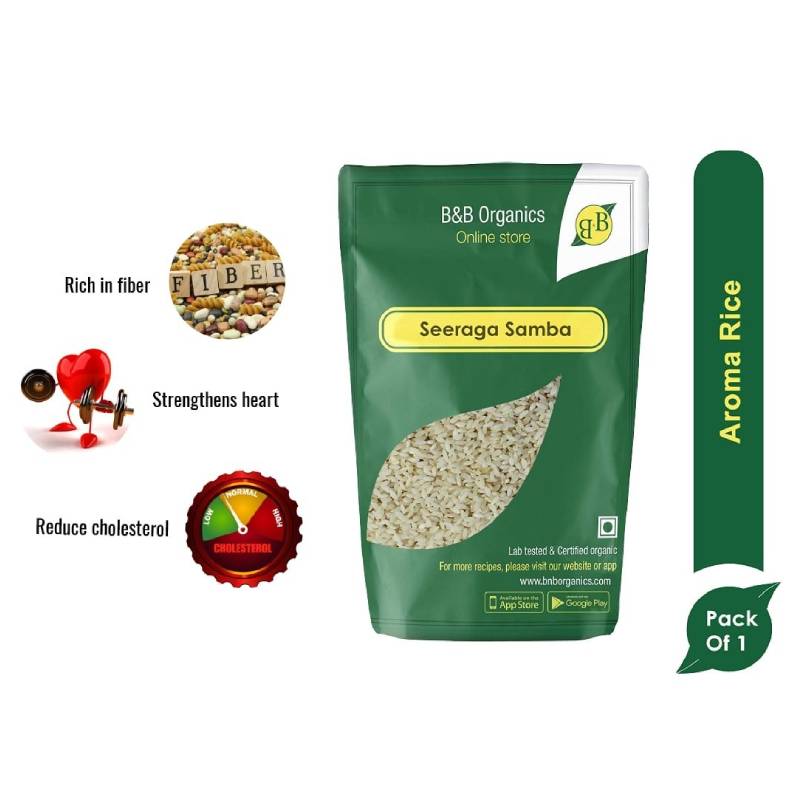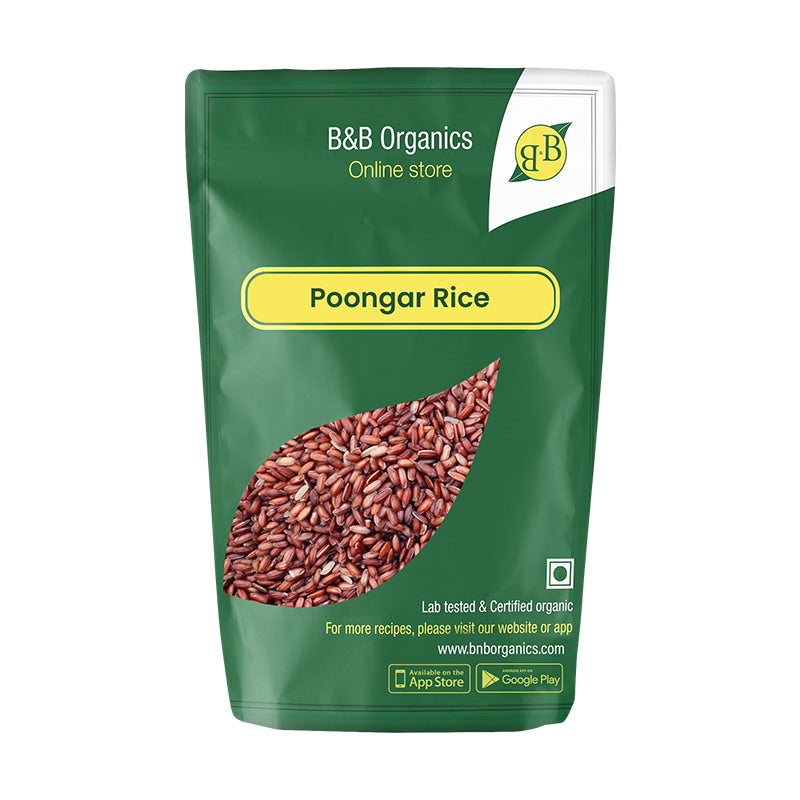Diabetes is a metabolic disorder characterized by high blood sugar levels. People with diabetes often need to monitor their sugar intake and make careful food choices to manage their condition effectively. When it comes to sugarcane jaggery, its suitability for diabetics is a topic of discussion. Let's explore the considerations and factors to understand if sugarcane jaggery is suitable for individuals with diabetes.

Glycemic Index (GI):
The glycemic index measures how quickly a carbohydrate-containing food raises blood glucose levels. Foods with a greater GI value are gradually absorbed and digested, causing a significant spike in blood sugar. On the other hand, foods with a less GI value are absorbed and digested more slowly, resulting in a slower and more controlled rise in blood glucose levels. The glycemic index of sugarcane jaggery is relatively low compared to refined sugar, meaning it has a slower impact on blood glucose levels. However, it's important to note that the GI value can vary depending on factors like the variety of sugarcane and the processing method.
Natural Nutrients:
Unlike refined sugar, sugarcane jaggery retains some of the natural nutrients present in sugarcane. It contains small amounts of vitamins, minerals, and antioxidants, which can be beneficial for overall health. While these nutrients do not directly impact blood sugar levels, they contribute to the nutritional value of jaggery.
Moderation and Portion Control:
Portion control is essential for individuals with diabetes, regardless of the type of sweetener they consume. While sugarcane jaggery may have a lower GI than refined sugar, it still contains carbohydrates that can affect blood glucose levels. Diabetics should carefully monitor their portion sizes and incorporate jaggery into a well-balanced meal plan while considering its carbohydrate content.
Individual Blood Sugar Response:
It's important to understand that individual responses to different sweeteners can vary. Some people with diabetes may find that sugarcane jaggery has a minimal impact on their blood sugar levels, while others may experience a more significant rise. Regular blood glucose monitoring is crucial to assess how different foods, including jaggery, affect blood sugar levels on a personal level.
Consultation with Healthcare Provider:
Every individual's diabetes management plan is unique, and it's advisable for individuals with diabetes to consult with their healthcare provider or a registered dietitian. They can provide personalized guidance based on the individual's

specific health condition, medication regimen, and dietary needs.
Alternative Sweeteners:
In some cases, individuals with diabetes may opt for alternative sweeteners that have a minimal impact on blood glucose levels. These may include non-nutritive sweeteners like stevia, erythritol, or artificial sweeteners. These options provide sweetness without significantly raising blood glucose levels. However, it's important to note that some artificial sweeteners may have other considerations and potential side effects, and their long-term use should be discussed with healthcare professionals.
In conclusion, the suitability of sugarcane jaggery for individuals with diabetes can vary depending on factors such as personal blood sugar response, portion control, and overall dietary management. While it has a lower glycemic index compared to refined sugar and contains some natural nutrients, it should still be consumed in moderation and as part of a well-balanced meal plan. Consulting with a healthcare provider or a registered dietitian is crucial to determine the best approach to managing blood sugar levels and incorporating sweeteners like sugarcane jaggery into a diabetic-friendly diet.



